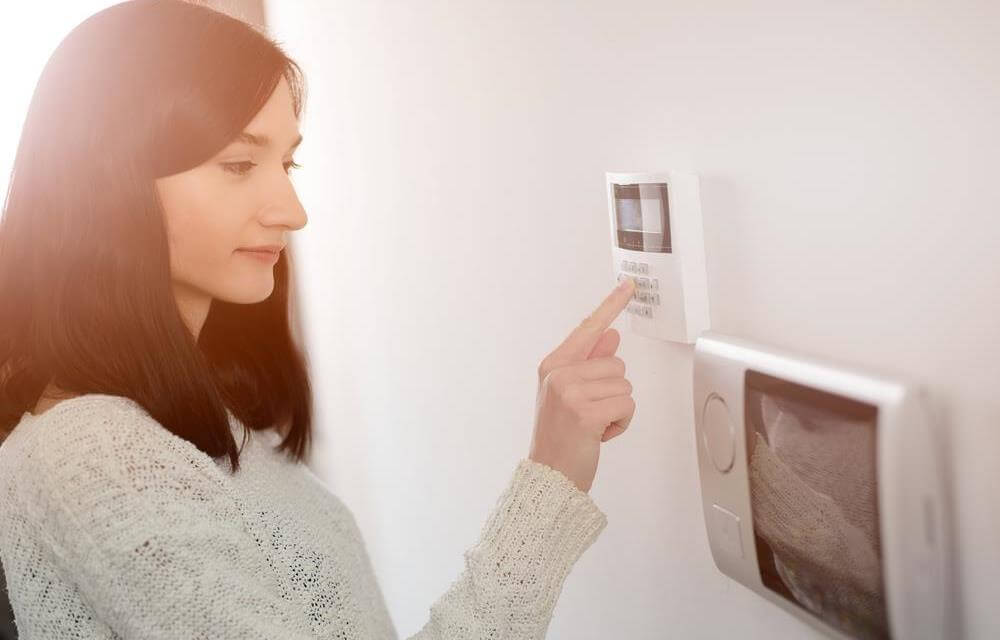Keep Your Home Safe With Home Alarm Systems
It is estimated that nearly 2 million cases of home burglaries are reported every year; this means there is at least one house broken into every 13 seconds. This is a cause for alarm. Your house has everything that is precious to you. Therefore, it becomes essential to ensure the security of your family as well as material possessions. A home alarm system can deter any attempted break-ins to your house and give you peace of mind.

Here are a few guidelines you can follow while looking for the best home alarm system.
What are the essential features to look for in the best home alarm system?
- Security alarm – The best home alarm systems have a security alarm feature that detects the motions of door and windows. An alarm is triggered if a door or a window is opened when it should not. The alarm can be an audible one that rings out throughout the house in case of an intruder, or it can be a silent alarm directly sent to you through your mobile device or to 911 dispatch.
- Security cameras – Security cameras that are not easily visible but keep an eye on vulnerable areas of your house are the most important features. The security cameras can be programmed to record at all times or only at a specific time of the day, for instance, when you are out at work or during nighttime.
- Integrated system – The ease of use is an essential feature of any home alarm system. This is ensured only when the different parts of your home alarm system are integrated together. You should be able to access the setting of your alarm system remotely using a single device, such as your smart phone.
What is the difference between wired alarm systems and wireless alarm systems?
- In a wired alarm systems or hardwired alarm systems, the multiple sensors of the alarm system are connected directly to the central control panel with wires. The wires are hidden under the floors and behind the walls. The control panel communicates with an external system, which would send alarm triggers in case of break-ins, through a landline telephone.
- In a completely wireless system, each sensor is connected to the central control panel through radio frequency technology. The control panel is connected to an external system through a cellular uplink, such as a cell phone.
- There are also hybrid home alarm systems available. These combine wireless and wired technology. The sensors can be hardwired, and the control panel can be connected to the external system through a cellular connection, or the sensors can be wireless, and the control panel can be connected via a landline to the external system.
How much should you spend on a home alarm system?
- There are two cost factors involved in the best home alarm systems – upfront costs and monthly costs.
- The upfront cost can range from $99 to $600 depending on the features of the alarm system.
- The monthly fees can be anything between zero to $40, depending on the extent of external monitoring you want.
Which are some of the popular and best home alarm systems?
- Link Interactive
- Vivint Smart Home
- Frontpoint
- Simplisafe
- Protect America
- SkylinkNet Alarm System
Is it necessary to have a home alarm system installed by a professional?
- If you are looking for a home alarm system on a budget, you can purchase a DIY home alarm system. These do not require any professional installation, and you can save on installation costs as well.
- If you want a very intricate home alarm system, it is best to get it done by a professional.



